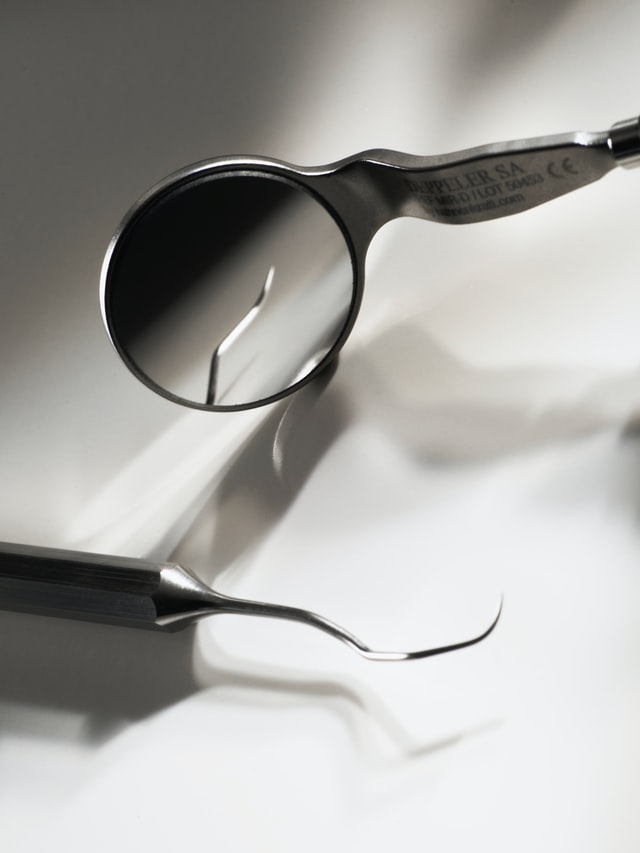Cavities happen. Even the most meticulous brushers and flossers can develop cavities every so often. If you have ever had a cavity before, you know how painful and inconvenient cavities can be; if not, you definitely do not want to develop one. To protect your teeth, you must be able to identify the symptoms of a cavity and recognize when you need to seek the help of a dentist Park Slope.
Cavity Symptoms
Most cavities share these four common symptoms.
1. Aches and Pains
Toothaches are the most common symptoms of cavities. Toothaches may present as a sudden, sharp pain or a long-term, throbbing soreness.
2. Temperature Sensitivity
Have you ever bitten into ice cream or sipped a hot beverage, only to suddenly experienced tooth pain? If so, you may either have naturally sensitive teeth or a bigger dental problem, such as a cavity.
3. Bad Breath
Bad breath is typically caused by the build-up of bacteria within your mouth. Cavities are not the root cause of bad breath, but they can contribute to it by providing decayed holes for bacteria to fester in.
4. Stains and Holes
Tooth discoloration is one of the first signs of tooth decay and a possible cavity. If your cavity is advanced, you may be able to see or feel a hole starting to form within your tooth.
Cavity Prevention
There are three main ways you can protect your teeth from cavities.
1. Brush, Floss, and use Mouthwash
The best way you can prevent cavities is to practice good oral hygiene. You should brush your teeth with fluoride toothpaste at least twice a day. Additionally, you should floss at least once a day. Use mouthwash after both brushing and flossing to wash away loosened debris.
2. Have Regular Dentist Visits
You should go to the dentist for a regular checkup and tooth cleaning at least once a year. However, some experts recommend seeing a dentist twice a year to catch potential problems early and to cater to unique oral health needs.
3. Eat Healthily
Sugary and starchy foods can worsen plaque build-up and cause tooth decay. To lessen your chances of cavity-causing tooth decay, try to eat a balanced diet rich in protein. If you must consume sugary snacks or drinks, brush your teeth afterward.
Nobody wants to develop a cavity. Thankfully, there are measures you can take to prevent cavity formation. If you suspect that you may have a cavity, see a dentist as soon as possible. Catching the problem early may spare you burdensome and expensive dental procedures in the future.




